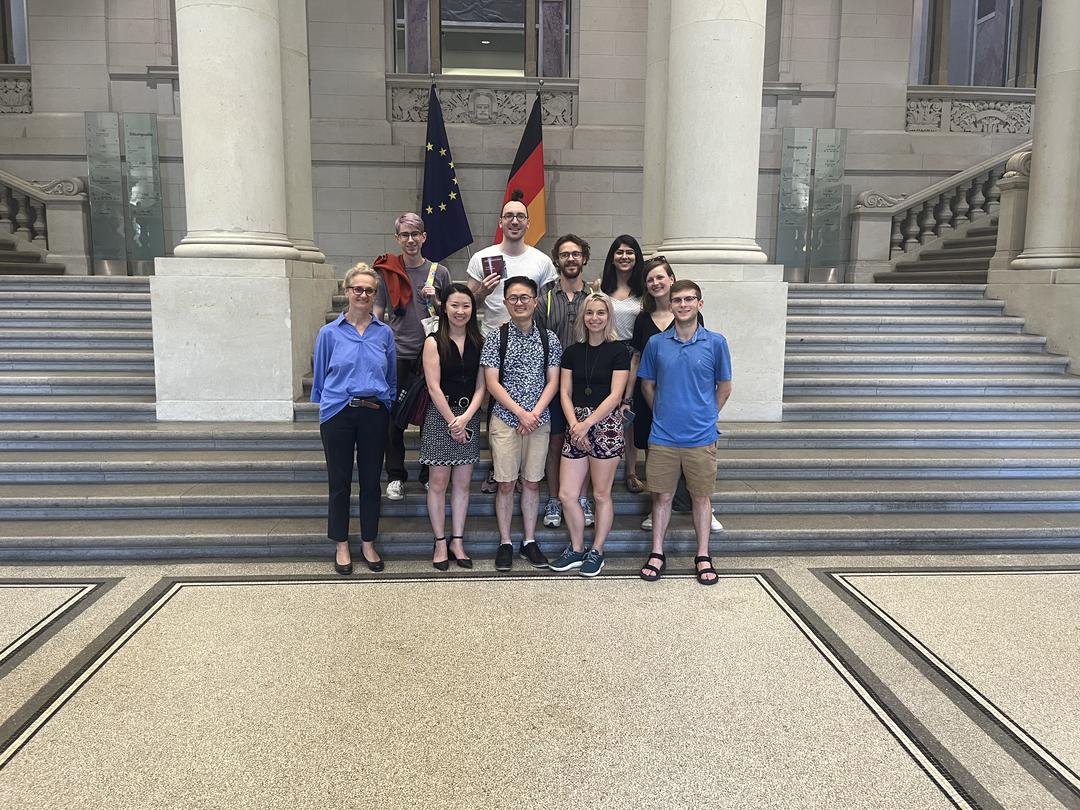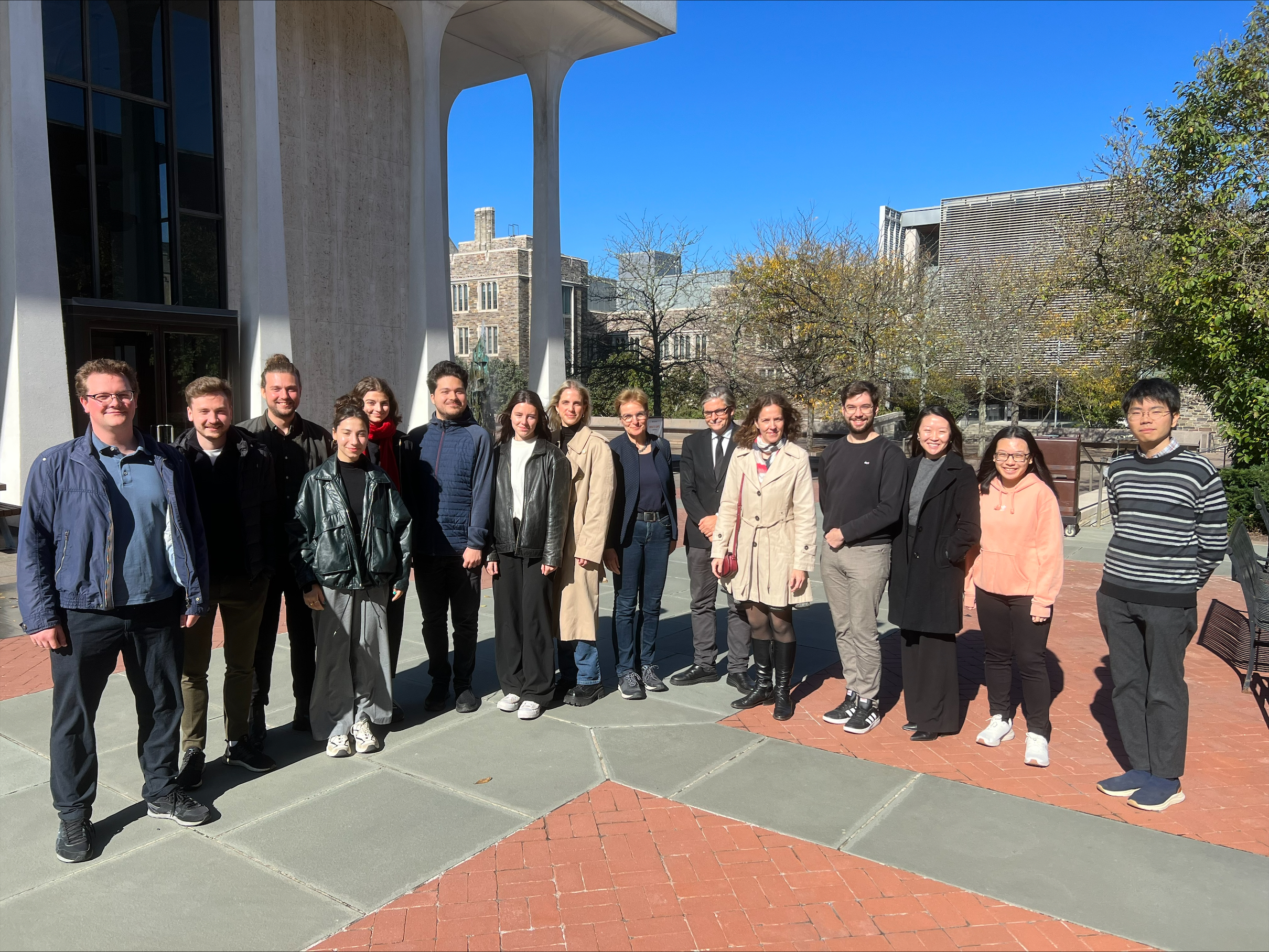A Princeton-Humboldt Project Unites U.S. and German Students to Examine the Crisis of Democracy

When Politics Professor Jan-Werner Müller and Sociology Professor Kim Lane Scheppele began the Constitutionalism Under Stress project (aka CONSTRESS) halfway through the 2010s, “it wasn't quite so obvious yet how topical, alas, this was going to become,” Müller says. Authoritarian leaders in Hungary, Poland and Turkey have consolidated their power and far-right movements in France, Italy and Germany have gained momentum. CONSTRESS, as a Princeton-Humboldt partnership initiative based in PIIRS, examines these cases as well as democracies in crisis beyond the U.S. and Europe: “Our students come from around the globe and have important perspectives to add to the conversation,” says Mueller.
This summer, the CONSTRESS project united Princeton grad students and their German peers for an intensive seminar and workshop for one week at Humboldt University in Berlin. The process was repeated in the fall, with Princeton hosting the Humboldt students.
Chelsea Guo, a graduate student in the Politics Department and CONSTRESS participant, was drawn to the seminar for the transatlantic perspective and the chance to learn more about the rule of law.
 The Humboldt students and professors on campus in Princeton, fall of 2023.
The Humboldt students and professors on campus in Princeton, fall of 2023.
“It used to be the case that autocratic leaders roll into town in tanks. But modern autocrats are elected into office, and once they're there, they legally tweak laws and the constitution to stay in power,” she says, citing one of several powerful case studies she encountered during the seminar.
In addition to the class work, Princeton students toured the upper and lower houses of the German parliament, spoke with a member of the state constitutional court of Berlin, and visited the Berlin Wall.
Müller also directs the Academic Freedom Initiative run out of the University Center for Human Values (UCHV) and sees parallels between the projects.
“Autocratization often starts out with hijacking courts, and once they have the courts, they can diminish media pluralism and they can go after universities,” he says. “And then they can dictate what is and isn’t taught.”
